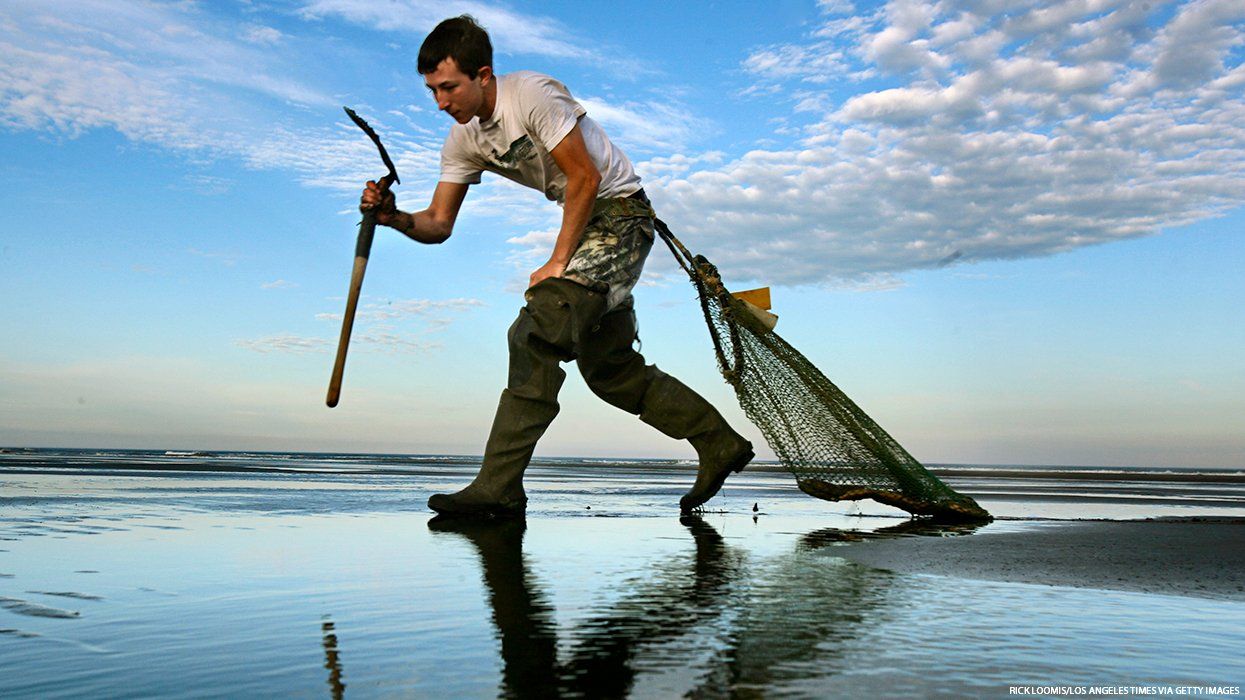The people of the Quinault Indian Nation have lived along the same coastline in Washington state for centuries.
They hold generations of knowledge on the land and water, from the salmon runs and sea mammals of the Pacific, to the rocky cliffs and sandy beaches of the Olympic peninsula, and the redcedar trees that give shelter, clothing, canoes, totems, and life.
As the effects of climate change intensify, the Quinault Nation's close relationship with the sea has put them in dire straits, forcing 660 residents to relocate to higher ground. Storm surges, tsunamis, and river floods threaten the nation's Tahola village throughout the year, prompting the EPA to invest resources in a relocation plan.
In recent decades, tsunami evacuations and disaster drills have become routine for the residents of Tahola.
"The biggest worry, now that I have my own family, is that they come at nighttime," said Quinault Councilman Ryan Hendricks. "Though Tahola has tsunami sirens, Hendricks lamented that their warnings are given only 10 to 15 minutes in advance. "That means no belongings, no pictures. You’re happy just to walk away with your life."
Taholah has around 175 homes, a K-12 school, post office, vital emergency services, and cultural centers that all need to be relocated to safer grounds. Last year, the federal government granted $25 million to the Quinault Nation, along with two other indigenous communities in similar positions. Though the funding is helpful, Quinault Nation President Guy Capoeman said it's just a quarter of the cost.
Once considered a problem of the future, rising sea levels have reached humanity's doorstep, and the Quinault are joined by millions of other people on the frontlines. United Nations Secretary General António Guterres warned that societal instability is ramping up, with some countries already seeing three times the average sea level rise.
In the coming decades, we could witness a "mass exodus of entire populations on a biblical scale, and we would see ever-fiercer competition for fresh water, land and other resources,” Guterres warned.

















































